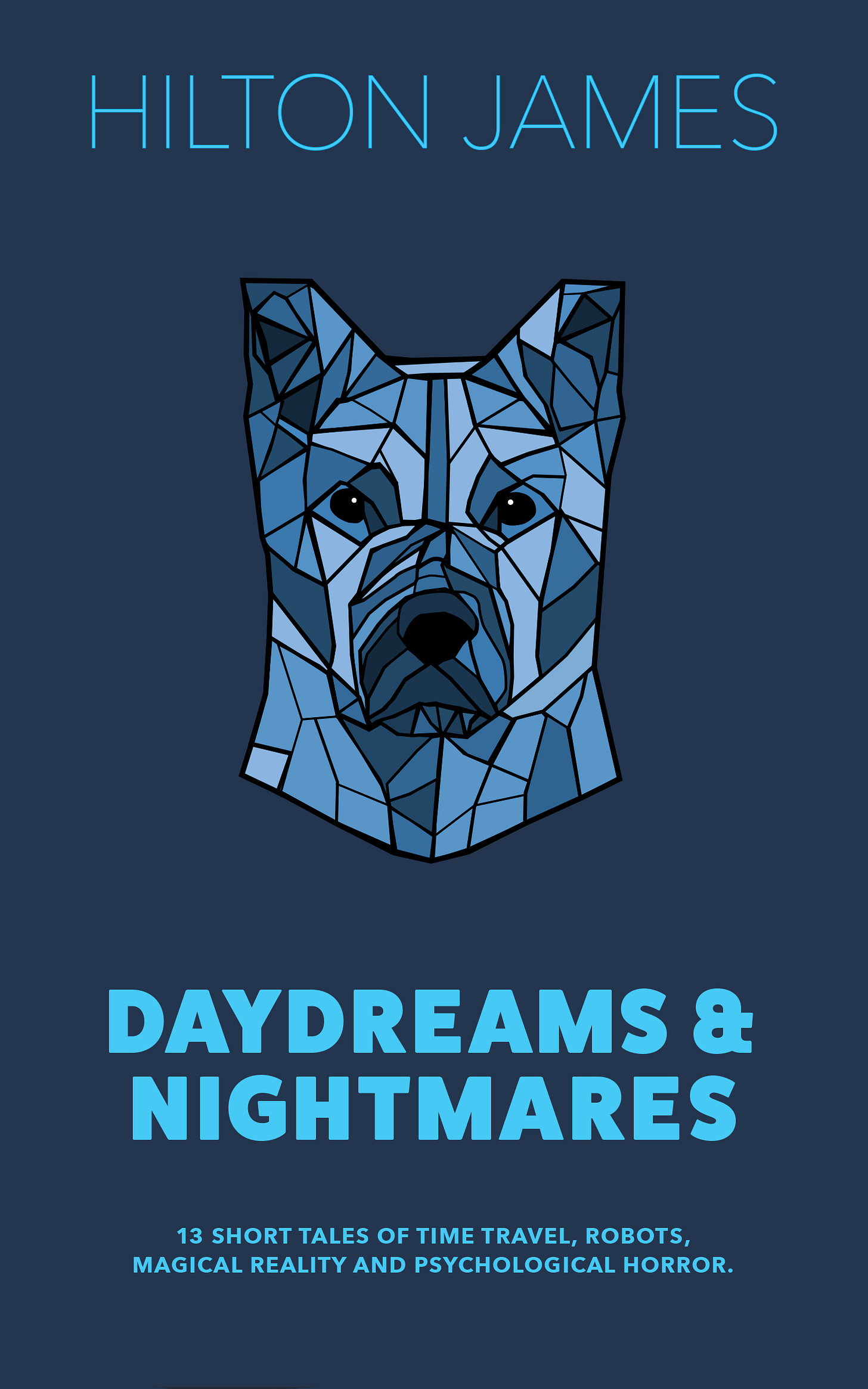When Your Own Character Outsmarts You...
Are you a Plotter, or a Pantser?
Writers often categorise themselves into one of two types: ‘Plotter’ or ‘Pantser.’
A Plotter is a writer who prefers to plan everything out before they begin; they like to have their itinerary carefully mapped out before they start their journey.
A Pantser is a writer who just starts writing. They pack a few meager belongings, set themself up at some chosen starting line, and then set off, writing blindly forwards and discovering what emerges as they put the words down—writing, as it were, by the seat of their pants.
Me? I’m now a Pantser. I used to very much be a plotter. The rule of thumb is: Measure twice, cut once . . . but I would often measure so many times that the cutting never got done. Now, I’ve come to appreciate the road less travelled. Don’t get me wrong, I do still get strong ideas for story direction, but they are now more akin to a winding country lane than a clearly sign-posted highway. And often, I think they actually cause me more harm than good.
No matter which category they subscribe to, writers will often describe their characters as taking on a life of their own. They will catch the writer by surprise, by going in directions that they didn’t anticipate or plan, and doing or saying things that the writer didn’t expect as a scene unfolds.
To a person who hasn’t experienced this, the idea sounds ridiculous; it’s your story and your character, after all. You’re the author, aren’t you? Just have them do whatever you want. That’s what I used to think, too. But, I now realise, often it’s not that simple, especially if you believe—as I now do—that a character should be allowed to be authentic to themselves, free to behave in ways that are true to how they have been established, and how they have evolved to that point.
(continues…)
I believe that writing in this way ultimately leads to more complex, interesting characters, and to unexpected but often great plot developments if you’re willing to roll with the outcomes of whatever arises. Because that’s the flip side of the coin: actions have consequences, and a writer needs to be true to those, too. I have had multiple instances now where I have been forced to change or rewrite my work, often in fairly drastic ways, to account for a character who I came to feel wouldn’t behave in the way I had originally planned, or because a character did behave in a particular and unexpected way, but they couldn’t be allowed to get away with it unscathed.
Having said all this, in working on my novel, I had a scene that I was headed towards and I knew that once the story got to that point, that was it; this particular character was done for. It was all downhill from there, baby.
So I began to write a scene: the one which occurs directly after the pivotal moment that I just mentioned—I wasn’t ready to write that one, just yet. I sat and asked myself, “Okay, what’s this character going to do now?” and I reasoned it through. How would they react? What would they do to get out of it?
And, to my surprise, I’ll be darned if the character didn’t figure a way out of the trap I had snared them in! By allowing the character to be true to themself, and by thinking through the situation as a writer, the character figured out a very reasonable course of action that could actually see them evading the consequences of what they had done.
I was stunned. Not only because the character had figured out a plan, but because they had also thwarted my own plans for where I thought the story was going. On top of that, I also realised that I now couldn’t simply cheat and have things play out the original way, because I figured that any reasonable reader would likely also ask, “Wait, why didn’t he just . . . ?”
So now I find myself in a situation where my plan has been thwarted, and once again I don’t know exactly where my story is headed.
But don’t worry: I’ll catch him yet.
H.J.



